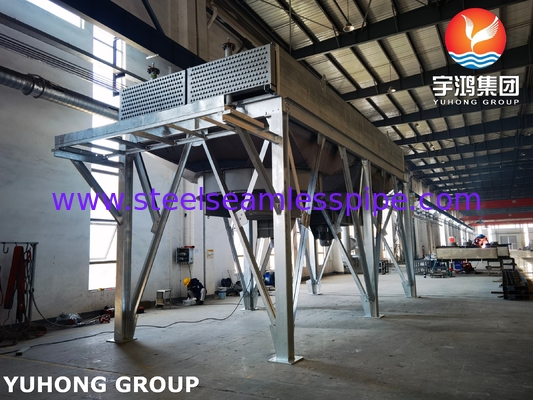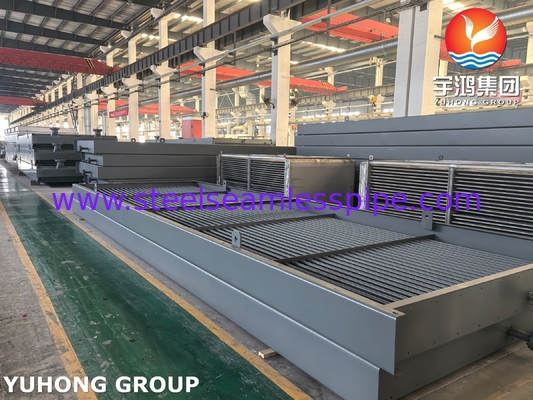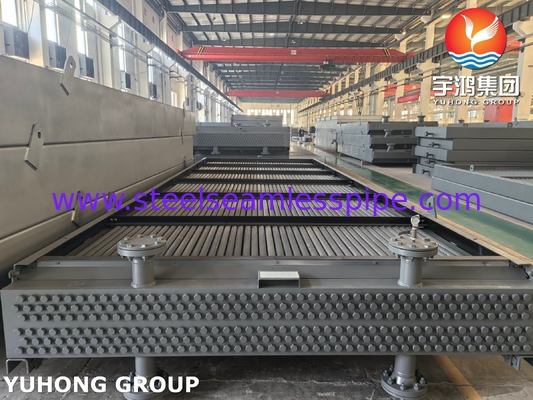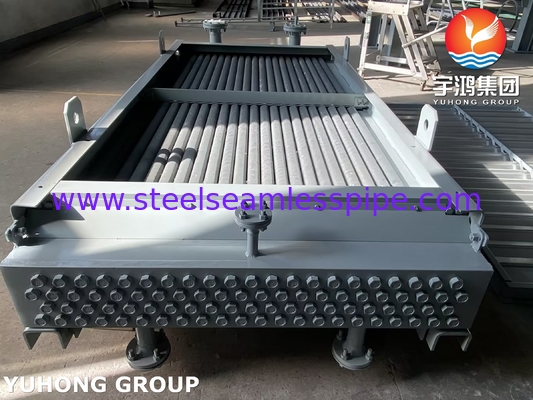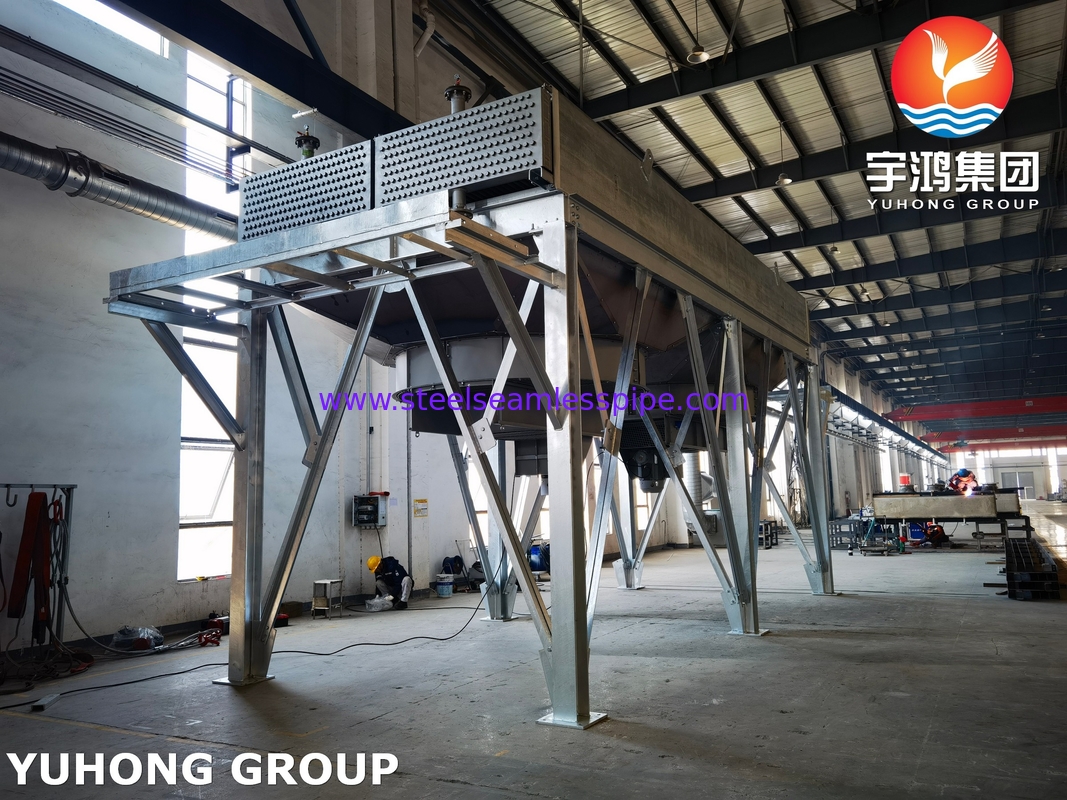Yuhong Holding Group Co.,LTD
English
-
English
-
French
-
German
-
Italian
-
Russian
-
Spanish
-
Portuguese
-
Dutch
-
Greek
-
Japanese
-
Korean
-
Arabic
-
Hindi
-
Turkish
-
Indonesian
-
Vietnamese
-
Thai
-
Bengali
-
Persian
-
Polish




